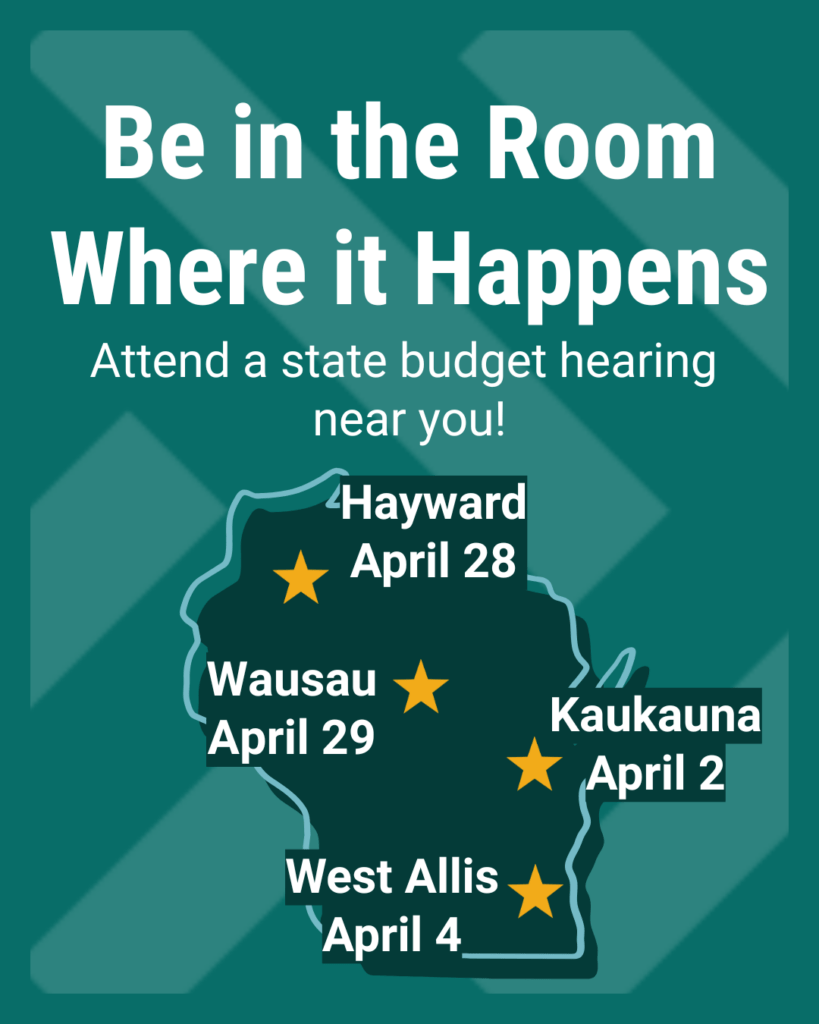With some recent statistics showing a rise in violent crime in some of our nation’s larger cities, I fear a “déjà vu’ all over again” rise of language and messaging that is eerily similar to the “superpredator” scare of the late 1980’s and early 1990’s that led to some of the more regressive changes in statutes related to dealing effectively with juvenile crime.
In a well-framed article by Marc Schindler and Shay Bilchick, An effective approach to youth justice will help enhance public safety, they note that (1) juvenile violent crime, especially in some of our most vulnerable and under-resourced communities, is still at a 20-year low and has decreased over 50% in the last ten years; and (2) violent juvenile crime is a small portion of overall violent crime.
Unfortunately, there are those who have been waiting, and waiting, and waiting – often annually predicting doom and gloom only to have to put that prediction off for another year, and another year, and another year – only to take advantage of this “uptick” to proclaim that our communities are unsafe, that we have been “soft on crime”, and that juvenile crime is out of control as a way to promote “tough on crime” measures that they have had to keep in the closet as crime went down. And, while we need to be aware of and get better at dealing with violent youthful offenders, the fact is that we have learned so much over the last 10+ years about what works with youth – both to prevent them from becoming engaged in offending as well as getting them back on track if they do get involved.
If anything, we have shortchanged what we have learned about what works. As the number of youth in confinement has dropped significantly, we have not routinely reinvested those savings in proven prevention and intervention strategies that we know will make our communities safer. Nor have we done a great job explaining to the public what we have learned and what we do that has been successful.
So, we should not be surprised if/when the voices for “getting tough” arise again. Those voices have always been there, biding their time and waiting to pounce on any “bad news”. Let’s not make the same mistakes that were made in the 1990’s. Rather, we need to make sure that more collaborative approaches are supported to strengthen families, invest in prevention, support our core social institutions, identify and properly resource timely and effective interventions, and ultimately identify and deal safely with the most chronic and dangerous youthful offenders.
By Jim Moeser



